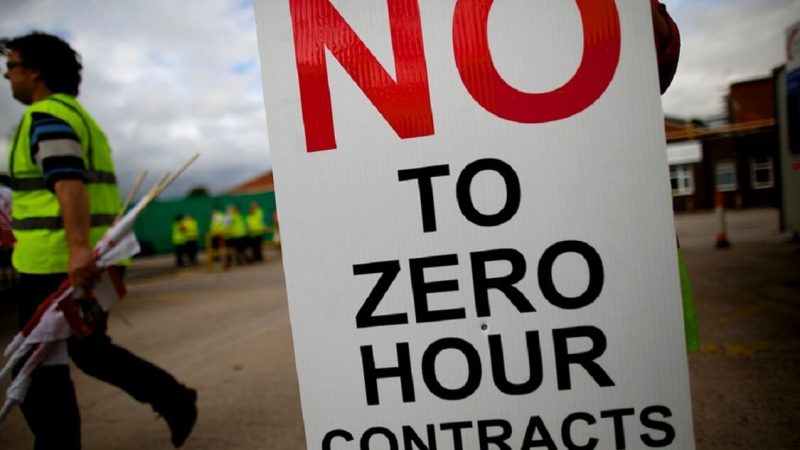BME workers account for two thirds of the growth of insecure workers in this period – despite BME workers making up just 14% of the overall workforce.

The number of ethnic minority workers in insecure work more than doubled from 2011 to the end of 2022 from 360,200 to 836,340, according to new analysis by the Trades Union Congress (TUC).
There are now 3.9 million people in insecure employment – that’s 1 in 9 across the national workforce, with those from ethnic minority backgrounds disproportionately affected, according to the TUC report.
The TUC says the “boom” in BME workers in insecure work accounts for the vast majority of the overall increase in insecure workers over the last decade.
BME workers account for two thirds of the growth of insecure workers in this period – despite BME workers making up just 14% of the overall workforce.
The TUC report found:
- BME men are almost twice as likely as white men to be in insecure work (19.6% of BME men in work compared to 11.7% white men)
- BME women are much more likely than white women to be in insecure work (15.7% of BME women in work compared to 9.9% white women).
To help tackle structural racism in the labour market and end the scourge of insecure work, the TUC is calling for the government to ban the abusive use of zero-hours contracts, introduce fair pay agreements to raise the floor of pay and conditions in sectors blighted by insecure work and to establish a comprehensive ethnicity monitoring system covering mandatory ethnicity pay gap reporting, recruitment, retention, promotion, pay and grading, access to training, performance management and discipline and grievance procedures.
TUC London Regional Secretary, Sam Gurney said: “Across the labour market, and at every stage, BME workers face discrimination and persistent barriers at work.
“From not getting the job despite being qualified for the role, to being passed over for promotion, to being unfairly disciplined at work.
“These barriers lead to stark inequalities – and it’s why we’re seeing BME workers disproportionately in the worst jobs with the worst pay and conditions.
“The massive and disproportionate concentration of BME workers in insecure work – like in the gig economy – is structural racism in action.”
Basit Mahmood is editor of Left Foot Forward
To reach hundreds of thousands of new readers we need to grow our donor base substantially.
That's why in 2024, we are seeking to generate 150 additional regular donors to support Left Foot Forward's work.
We still need another 117 people to donate to hit the target. You can help. Donate today.



